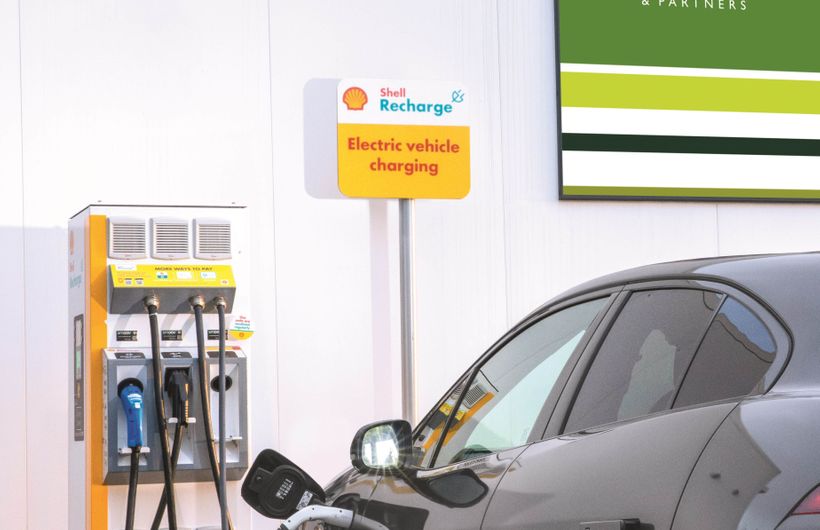The committee which oversees the Department of Transport has told the government that it must work to make charging away from home cheaper and fairer, while incentivising the sale of used electric cars and penalising manufacturers who sell too many petrol or diesel models.
The new report has been published today by the Transport Committee, which is nominated by the House of Commons to scrutinise the Department for Transport and to hold Ministers and Departments to account. Among its recommendations, the Committee says the Government must:
- Improve charging infrastructure by making a compulsory part of new building developments
- Protect the consumer from excessive charges and complex membership schemes when charging in public. The report said charging at home is between 59% to 78% cheaper and costs at public charge points vary significantly
- Address the discrepancy between the 5% VAT rate incurred for home charging and 20% for on-street
- Apply ‘peak pricing’ methods to encourage drivers to plug in at quieter times to help balance the National Grid
- Boost sales of new electric vehicles by requiring makers who sell the fewest electric vehicles to buy credits from those who produce the most
![]() VAT rates are higher on electricity bought away from the home
VAT rates are higher on electricity bought away from the home The Department is expected to use the guidance to help build future policy, which will be outlined when it publishes its electric vehicle strategy later this year. This will set out the plan for charging infrastructure rollout needed to make the 2030 ban on sales of new petrol and diesel cars feasible.
Part of the study looked at the wildly varying costs of charging away from home. At one end of the scale, it said 60% of chargers are free in Scotland, but suggested places where there was only one provider led to higher prices. Electrifying.com’s own experience is that prices per kWh can be as high as £2 per kWh, compared to 5p on the cheapest home tariffs. On the higher rate it would cost around £86 to fully charge a Vauxhall Corsa-e, as compared to £2.17 at home.
Other ideas mentioned in the Committee report include incentives for car drivers to swap to “shared mobility hubs” which provide short term rentals of a range vehicles, from vans and buses to e-bikes, e-scooters and electric cars. This would help remove many cars which currently do very few miles in a year and help lower income families to have access to low emissions vehicles.
![]() Chargers can cost up to £2 per kWh, compared to 5p at home
Chargers can cost up to £2 per kWh, compared to 5p at home Another crucial part of helping drivers be able to afford electric cars will be some form of support for the used market, said the report. The Committee said the government may need to intervene to support the second-hand market in electric vehicles until price parity with comparable internal combustion engine vehicles is reached. A scheme used in Scotland was cited as an example, where interest-free loans are available to buy a new or used electric car.
A Department for Transport spokesperson said: “Our vision is to have one of the best electric vehicle infrastructure networks in the world. As more people make the switch to electric, we want charge points to be accessible and affordable right across the country, which is why we welcome the Transport Select Committee’s report.
“Alongside our new ambitious phase out dates, we have announced £1.3 billion to accelerate the roll out of charging infrastructure, targeting support on motorways and major A roads to dash any anxiety around long journeys, and installing more on-street charge points near homes and workplaces to make charging as easy as refuelling a petrol or diesel car. ”
![Blue used Nissan Leaf for sale]() Incentives are needed to make used electric cars more affordable, says the report
Incentives are needed to make used electric cars more affordable, says the report  VAT rates are higher on electricity bought away from the home
VAT rates are higher on electricity bought away from the home 













